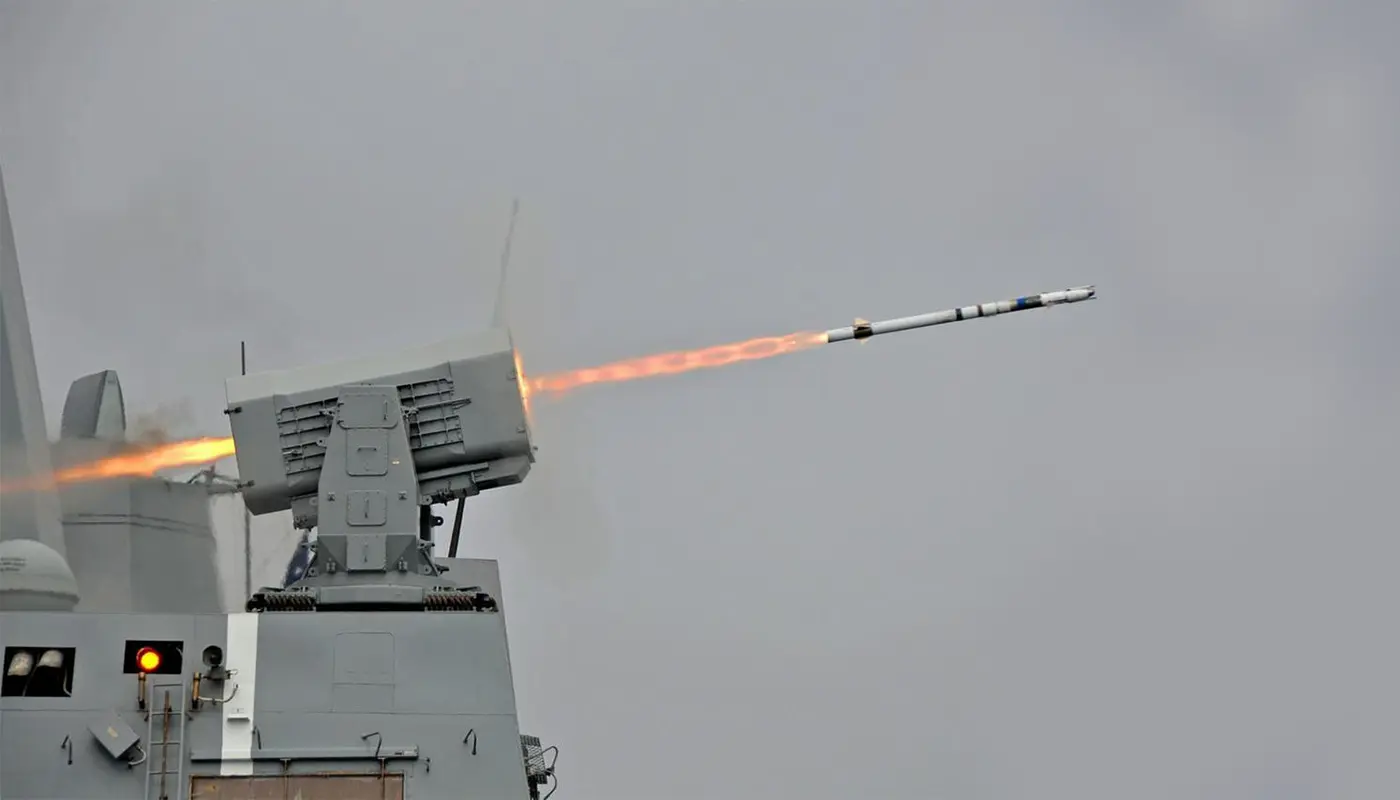In a significant escalation of its military campaign against drug cartels, the United States has conducted a lethal strike on a boat in international waters off the Venezuelan coast, killing four people alleged to be narco-terrorists.
US Defence Secretary Pete Hegseth announced the operation on social media, stating it was carried out on President Donald Trump’s orders. Hegseth said the strike targeted a vessel “transporting substantial amounts of narcotics – headed to America to poison our people”.
He asserted that US intelligence “without a doubt” confirmed the boat was trafficking drugs and that those onboard were operatives for designated terrorist organisations, though no specific evidence was provided.
This incident, which occurred on the morning of 3 October, marks at least the fourth such strike by the US military in the southern Caribbean since the beginning of September.
The operations are part of a broader military buildup in the region, which currently includes eight US warships and advanced F-35 fighter jets deployed to Puerto Rico.
US President Trump confirmed the strike on his Truth Social platform, claiming the boat was “loaded with enough drugs to kill 25 to 50 thousand people”. US Defence Secretary Hegseth vowed that “these strikes will continue until the attacks on the American people are over!!!!”
The legal basis for these strikes has been a point of contention. Earlier this week, the Trump administration formally notified Congress that the United States is in a “non-international armed conflict” with drug cartels, a designation that suggests the attacks are part of a sustained campaign and not isolated acts of self-defence.
This framework allows the US to treat smugglers as “unlawful combatants,” similar to its approach with al-Qaeda after the 9/11 attacks.
International lawyers and some US lawmakers have questioned the legality of the strikes. Critics argue that targeting alleged criminals in international waters, without demonstrating an imminent threat, may violate international law and constitute extrajudicial killing.
Historically, counter-drug operations in international waters have been led by the US Coast Guard, a law enforcement agency, rather than the military.
The strikes have inflamed tensions with Venezuela, whose president, Nicolás Maduro, has previously condemned US “aggression”.
Just days before the latest strike, Venezuela’s government accused US fighter jets of an “illegal incursion” into an area under its air traffic control, calling it a “provocation” that threatens national sovereignty. Maduro has denied allegations of collaborating with drug traffickers.
The US administration has designated several cartels, including Venezuela-based Tren de Aragua, as foreign terrorist organisations, granting authorities broader powers to confront them.
With a leaked memo confirming an “armed conflict” with cartels and discussions reportedly underway about potential strikes inside Venezuelan territory, the situation signals a profound shift in US counter-narcotics strategy.
Sources: BBC News, CNN, Reuters, The Guardian










